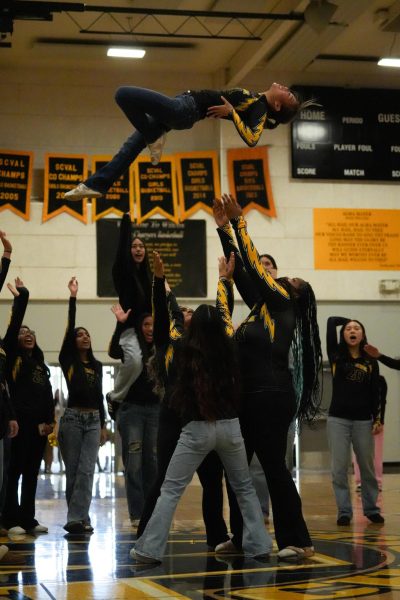Let’s Talk Authenticity: Artists
Authenticity is a word people overuse. The basic way we all intuitively understand authenticity is something being relatively “real”. When you take material objects, these can be inherent qualities: a Gucci handbag can either be real or fake. But it differs with people, especially artists & public figures who are primarily interacted with through media. That’s why this question of authenticity is more complex. In this case, authenticity is extremely perceptive, feeling that the person is being real and not, faking it with us, and that they aren’t manipulating us to like them.
The heart of why people are preoccupied with authenticity is the fear of being deceived and manipulated. We want to feel good about the things we enjoy and want to trust those we admire are being “real” with us. When we feel that people are authentic, the result of the sentiments is a sense of connection that humans crave. A connection isn’t present without the emotions that make up our sense of authenticity; honestly, closeness, relatability, vulnerability. So when I say that authenticity is just a perception, I mean that we never know if there is anything inherently authentic; we only decide based on our feelings about the person and if they give off the authentic “energy” we crave, that connection.
Credibility and authenticity is truly a cultural artifact. Different cultures can evaluate different ingredients and express authenticity differently. Since perceived authenticity is nothing material (like the Gucci bag), the “ingredients” of authenticity can vary depending on the place, time, or people. Looking from a western perspective, the key ingredients of authenticity are that people are being honest, real, and unfiltered.
Let’s talk about the musicians of this century. Clairo is especially known for her bedroom, indie, & lo-fi music. Her lyrics and tone are what she uses primarily to connect to people the most. They consist of real topics felt within her audience. She does so because she decides not to use a filter between the messages she tries to deliver. These messages consist of ‘don’t wanna get out of bed’, sexuality, and longing romanticism. She creates these personal visions that she brings to life and there’s this sense of unreachability in her words; she paradoxically strikes as both personal yet withholding. And that’s why her fans find solitary listening and believing in her lyrics.
Now if we speak on this on an even greater scale and discuss preconceptions, BTS is the perfect choice. We constantly come up with preconceptions that because they produce pop music, and dance, and have trained to where they are today, BTS can’t be authentic. This has run into Western preconceptions about boy bands and the reasons why they are considered inauthentic; from being marketed excessively, to focusing on performance instead of good music, and the misogynistic belief that young women don’t have taste, of course.
What’s called “K-pop” in the West is actually referenced as “idol music” in Korea. The idea of “idol” is, of course, a representation of something greater: a deity, a fantasy, an idea. We cannot equate religion and idol culture, obviously, but there are similar senses of admiration and veneration of the image conceded in idol culture. An “idol” is an image, based on a person that is strategically built up to appear better. Authenticity is not exactly the goal, however, it dampens the illusion of perfection. A key way that BTS has constructed themselves as authentic artists is by steering away from becoming an image; in the sense of being unreachable performers to be worshipped. Instead, they control their images; both figuratively, and literally. Figuratively, they are also in control of how they want to be perceived and negotiate their identities as artists and idols. They choose to control their image through self-awareness and reflection, and self-expression and curation.
I’m always interested in the question of how we, as fans, experience connection, and how that connection is built and maintained. Authenticity is a key part of that, and we can’t fully connect to something or someone if we don’t connect to their version of authenticity.






